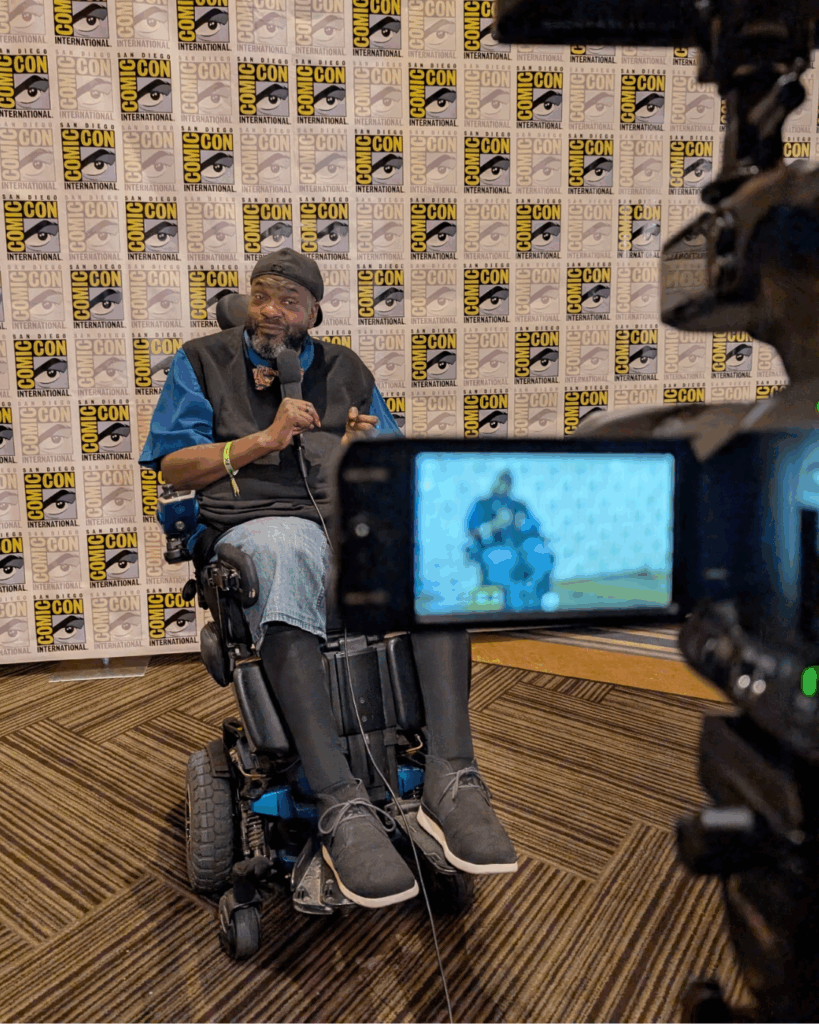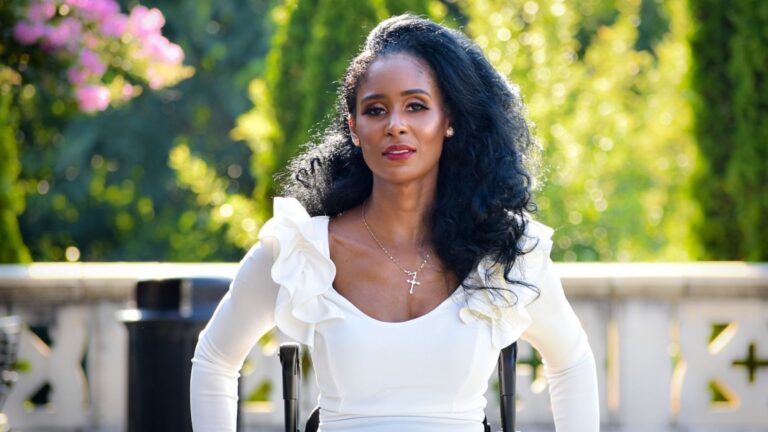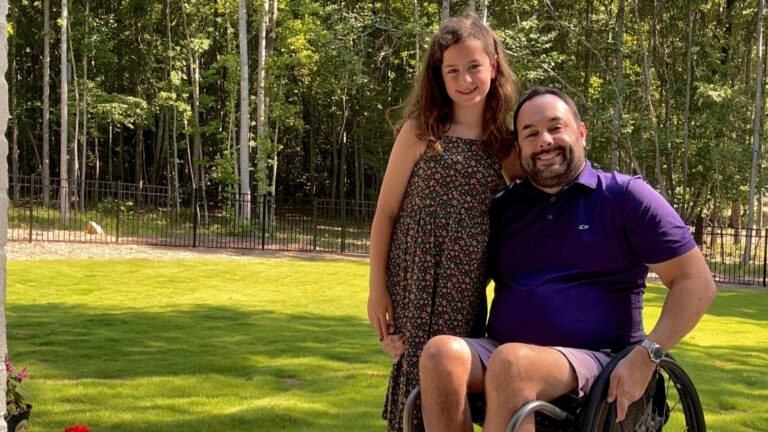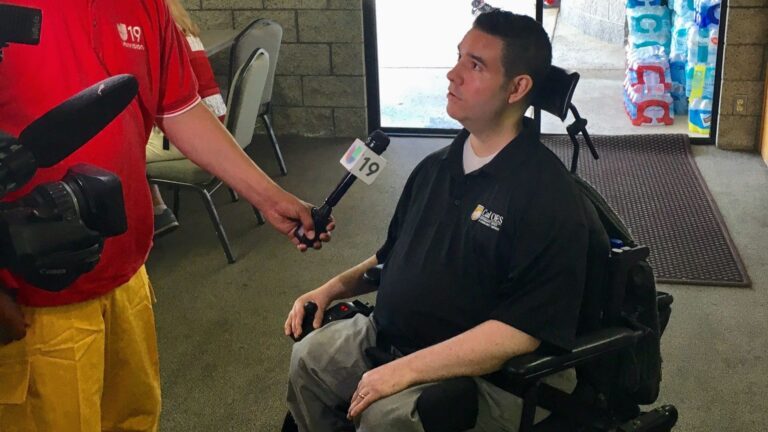Quiet Impact: Advocacy Without Seeking Recognition
Paul’s Story
I didn’t set out to be an advocate at all. It wasn’t anything I ever thought about or wanted to do. I was kind of reserved and didn’t really want to talk about my disability that much.

Through my work as a broadcast journalist, I started interviewing people in the tech world and the gaming world, and I’d always add to our conversations and ask them, “How could I use something like this, or how could people in my community use this?” Over the years, I kept asking those questions, and one day someone said, “Do you want to help us design things that can help out your community?” I said, “Sure, let’s do it.”
I still didn’t recognize what kind of impact my advocacy might have, until we started designing certain things and seeing how they worked, but the real impact was when you were able to see how the community looked at it. For example, with Spider-Man 2, someone came up to me and said, “Hey, you know that project you worked on? That allowed my younger brother to play video games now.” And that blew me away, seeing the impact this work can have.
Now, people in the industry come to me and ask how to make things more inclusive, or how to raise the bar. And even working with motion capture studios, they’ll ask me how to make a disabled character authentic, and then people in the community will say, “Hey, I like how real that looked” when the character would do a certain task.
I was at Comic-Con recently on the press line for the Hulu show Paradise, and the PR team made enough space for me to interview Sterling K. Brown but also left room for others to go around. My whole goal is to make it easier for the next person like me, so it’s not so challenging.
That’s the kind of advocacy I’m most proud of. You never know how much impact you really have and how many lives you are affecting. Even if people never come up to say thank you, you never know who you might be impacting. We don’t do it for recognition; we do it to make people’s lives better.
Paul


